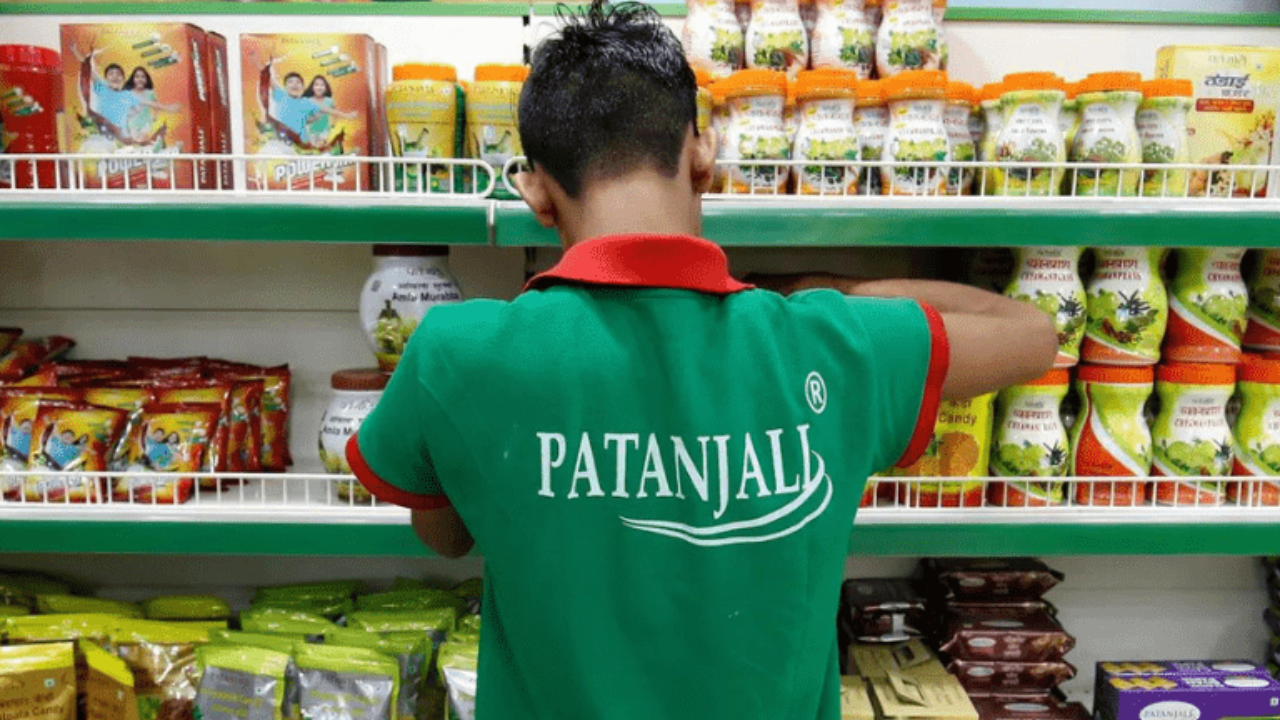Patanjali Foods Issues Red Chilli Powder Recall: What You Need to Know
In a shocking turn of events that has sent ripples throughout the Indian FMCG sector, Patanjali Foods, the popular brand spearheaded by Baba Ramdev, has been forced to issue a recall of one of its flagship products: red chilli powder. This unexpected development raises critical questions about food safety regulations and the stringent quality control measures within the industry. What exactly led to this recall, and what does it mean for consumers and the company's reputation? Let's dive into the details.
Patanjali Foods Recall: A Deep Dive
The Food Safety and Standards Authority of India (FSSAI) recently ordered the recall of a specific batch of Patanjali's red chilli powder due to non-compliance with safety regulations. While the exact nature of the non-conformance hasn't been publicly specified, the implication of the FSSAI's action speaks volumes about the severity of the issue. The lack of a detailed statement from Patanjali Foods further adds to the public's concerns and raises questions about transparency. It's imperative that clear, unambiguous information be relayed to consumers, ensuring trust and reducing uncertainty. The focus should now be on regaining customer confidence and rebuilding their faith in the company and the safety of their products.
Understanding the Impact
This incident undoubtedly casts a shadow over Patanjali Foods' otherwise strong performance. Despite boasting a significant increase in net profits during the September quarter—a 21% surge to Rs 309 crore, accompanied by a total income increase to Rs 8,199 crore—this recall threatens to offset these positive figures. The negative press surrounding the recall can potentially damage brand reputation and significantly affect future sales. Addressing the public's concerns in a proactive and open manner is vital for minimizing the long-term damage to the company's standing and its future profitability.
The Broader Context of Spice Industry Scrutiny
The Patanjali recall isn't an isolated incident; it's indicative of a more significant trend in the spice industry. Last year saw several spice makers, including well-established names such as MDH and Everest, face scrutiny over alleged high levels of a cancer-causing pesticide in their products. This triggered sales suspensions in Hong Kong and Singapore, shining a harsh spotlight on safety standards and compliance across the board. The Indian government also stepped up its efforts, with inspections aimed at ensuring manufacturers adhere to all quality and safety protocols. These external forces and events clearly showcase a collective need for enhanced accountability within the entire industry to safeguard consumer health and prevent similar incidents from occurring in the future.
The Future of Spice Safety
The incident involving Patanjali, as well as past episodes with other notable spice manufacturers, points to the need for robust, standardized quality checks throughout the food supply chain. Effective measures are essential to avoid more major food-safety scares, potentially impacting a significant part of the economy and consumer trust. Companies must work together, supported by robust governmental regulations, to achieve better safety measures, guaranteeing a consumer base protected against potential future health risks. Strict and comprehensive testing procedures should be mandated and consistently carried out to eliminate products that are unsafe for human consumption. Increased monitoring is vital and shouldn't just be focused on one set of manufacturers but rather across the spice industry, regardless of brand size or popularity.
Patanjali's Future Plans: A New Oil Palm Mill
Amidst the ongoing challenges, Patanjali Foods isn't shying away from ambitious expansion plans. The company recently announced plans to construct a new oil palm mill in Mizoram, as stated by a company executive to the Press Trust of India (PTI). A meeting between Patanjali executives and Mizoram's Chief Minister Lalduhoma confirms this exciting development. While this initiative represents a strategic business move for Patanjali, it comes at a crucial time when the recall must be fully addressed.
Balancing Expansion and Recall
Successfully handling the recall situation and focusing on enhancing internal safety regulations are critical while progressing simultaneously with expansion plans. Any company undertaking extensive expansion plans must maintain a meticulous approach and guarantee they won’t overshadow or postpone dealing with critical issues such as product safety and regulatory compliance. A brand’s trustworthiness isn’t built solely through expansions and acquisitions; it needs to actively and genuinely build consumer trust by prioritising safety protocols. Consumers want to be sure they can rely on the companies that provide them with essential supplies. Maintaining a brand image is not just about creating marketing material; a strong, authentic brand stands up for transparency.
Take Away Points
- The Patanjali Foods red chilli powder recall highlights the importance of stringent food safety standards in the FMCG sector.
- The incident underscores the need for greater transparency and accountability from food manufacturers.
- This event follows other recent cases, underscoring wider concerns about spice industry safety protocols.
- Patanjali Foods must prioritize crisis management to address the recall effectively.
- Strict governmental oversight, industry cooperation, and consumer vigilance remain key in maintaining product safety.









